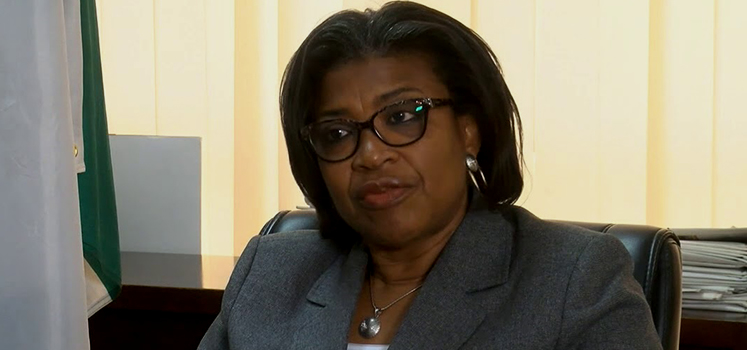By John Ikani
Every Nigerian currently owes about N191,889 in terms of debt per capita, as the country’s total public debt hits N39.56 trillion at the end of December 2021, analysis of Nigeria’s latest total public debt stock has shown.
Debt per capita is calculated as the total public debt of a country divided by the country’s population. Nigeria’s population is estimated to be 206 million, according to the World Bank data.
Data released on Thursday by the Debt Management Office (DMO), shows that Africa’s biggest economy total debt increased by 20.2% to N39.56trn as of December 31, 2021.
According to a statement by the DMO, the amount represents the total external and domestic debts of the Federal Government of Nigeria (FGN), the 36 states governments and the Federal Capital Territory (FCT).
Further explaining, DMO said the debt stock includes new borrowings by FGN and the sub-nationals. The Federal Government had captured a N5.5trn domestic and external borrowings in the 2021 Appropriation and Supplementary Acts to part-finance the deficit.
The breakdowns shows that domestic debt was N23.7 trillion or 69.92 percent; while external debt was N15.855 trillion, representing 40.08 per cent.
The Federal Government portion of the debt was N33.228 trillion, with domestic accounting for N19.243 trillion and external N13.885 trillion, while all the 36 state governments and the Federal Capital Territory owed a total of N6.428 trillion.
According to the DMO, borrowings were already on a downward trajectory until the 2015-2016 recession, which reversed the trend.
It went on to note that the Federal Government has been consistently running a deficit budget for many years, including when oil prices were high, a reason she said, exacerbated the nation’s debt stock.
Dismissing any concern about the rising debt profile of Nigeria, DMO led by the Director General, Ms Patience Oniha said the total public debt stock to Gross Domestic Product (GDP) as at December 31, 2021, of 22.47 per cent, the Debt-to-GDP ratio still remains within Nigeria’s self-imposed limit of 40%.
“This ratio is prudent when compared to the 55% limit advised by the World Bank and the International Monetary Fund (IMF) for countries in Nigeria’s peer group, as well as, the ECOWAS Convergence Ratio of 70%.
“The federal government is mindful of the relatively high Debt-to-Revenue Ratio and has initiated various measures to increase revenues through the Strategic Revenue Growth Initiative and the introduction of Finance Acts since 2019,” she explained.



































